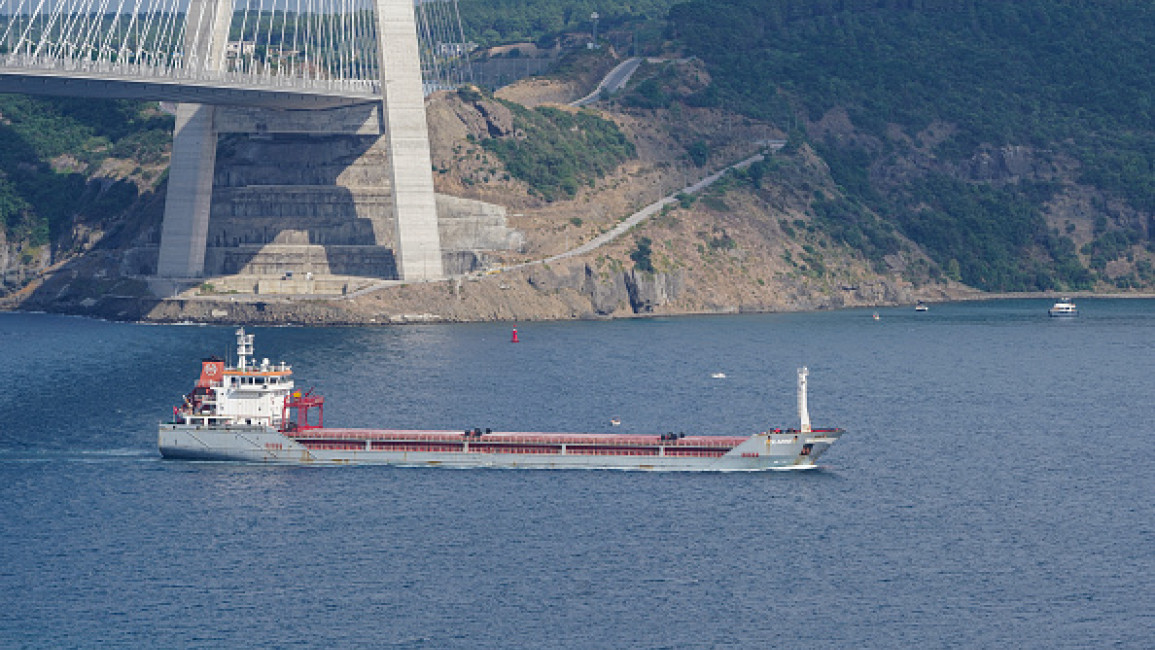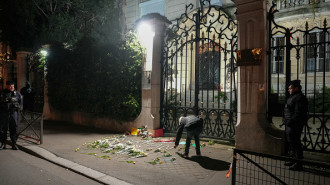Russia, US fight at UN over donating fertiliser to Syria
Russia and the United States fought a war of words on Tuesday over whether Russian fertilizer could be donated to Syria as Moscow heightens complaints about obstacles to its fertiliser shipments before the renewal of a deal allowing Ukraine Black Sea grain exports.
Some 260,000 tonnes of Russian fertiliser has been stuck in several European ports, most of it in Latvia. Russian fertilizer producer Uralchem-Uralkali has been working with the United Nations to donate the fertilizer to countries in need.
In November a shipment of the fertiliser - relied on by many countries to boost farm yields - was delivered to Malawi and a second shipment is due to be delivered to Kenya in March.
"Food and fertilisers are not under sanctions," U.N. spokesman Stephane Dujarric said. "That being said, it's not a secret that there are a number of challenges - regulatory and others - that have to be overcome."
During a U.N. Security Council meeting on Syria, Russia's Deputy U.N. Ambassador Dmitry Polyanskiy said a donation of the fertiliser held at European ports could not be made to Syria because of U.S. sanctions imposed under the Caesar Act, which came into force in June 2020.
The fertilisers are considered a dual-use product, minimizing the chances of them being sent, Polyanskiy said.
"We once again call upon the U.N. Secretariat to address the problems of the negative consequences of sanctions against Syria and in particular to ensure that this shipment of our fertilisers is dispatched to the country," he said.
U.S. Deputy U.N. Ambassador Robert Wood said the United States "is not the cause of any reported delays in Russia's ability to deliver fertiliser to Syria, as claimed by Russia."
"If Russia wants to donate fertiliser, it can do so. Russia should work directly with the U.N. to distribute agricultural donations inside Syria to its local partners," Wood told the council.
Facilitating Russian fertiliser exports is a major part of a package deal brokered by the United Nations last July that saw the resumption of grain exports from certain Ukrainian Black Sea ports amid Russia's war in Ukraine.
It was extended in November for four months and is due to again be renewed in March.
Dujarric said that senior U.N. trade official Rebeca Grynspan has been working hard on getting more Russian fertilizer out to the world market.
"There's nothing we would like to see more than to see much needed fertilizer reach farmers in the developing countries, notably in Africa, where it's desperately needed," Dujarric told reporters.
Reporting by Reuters



